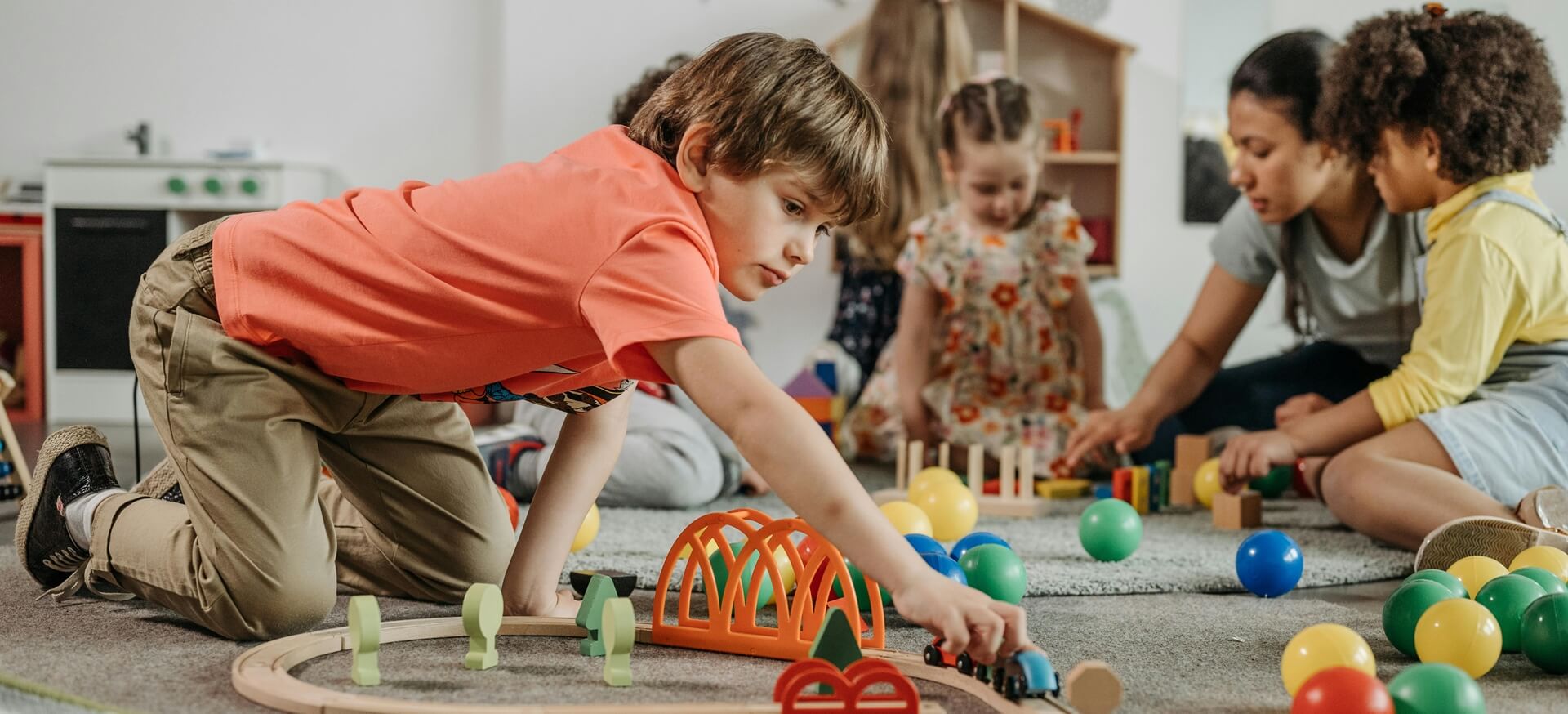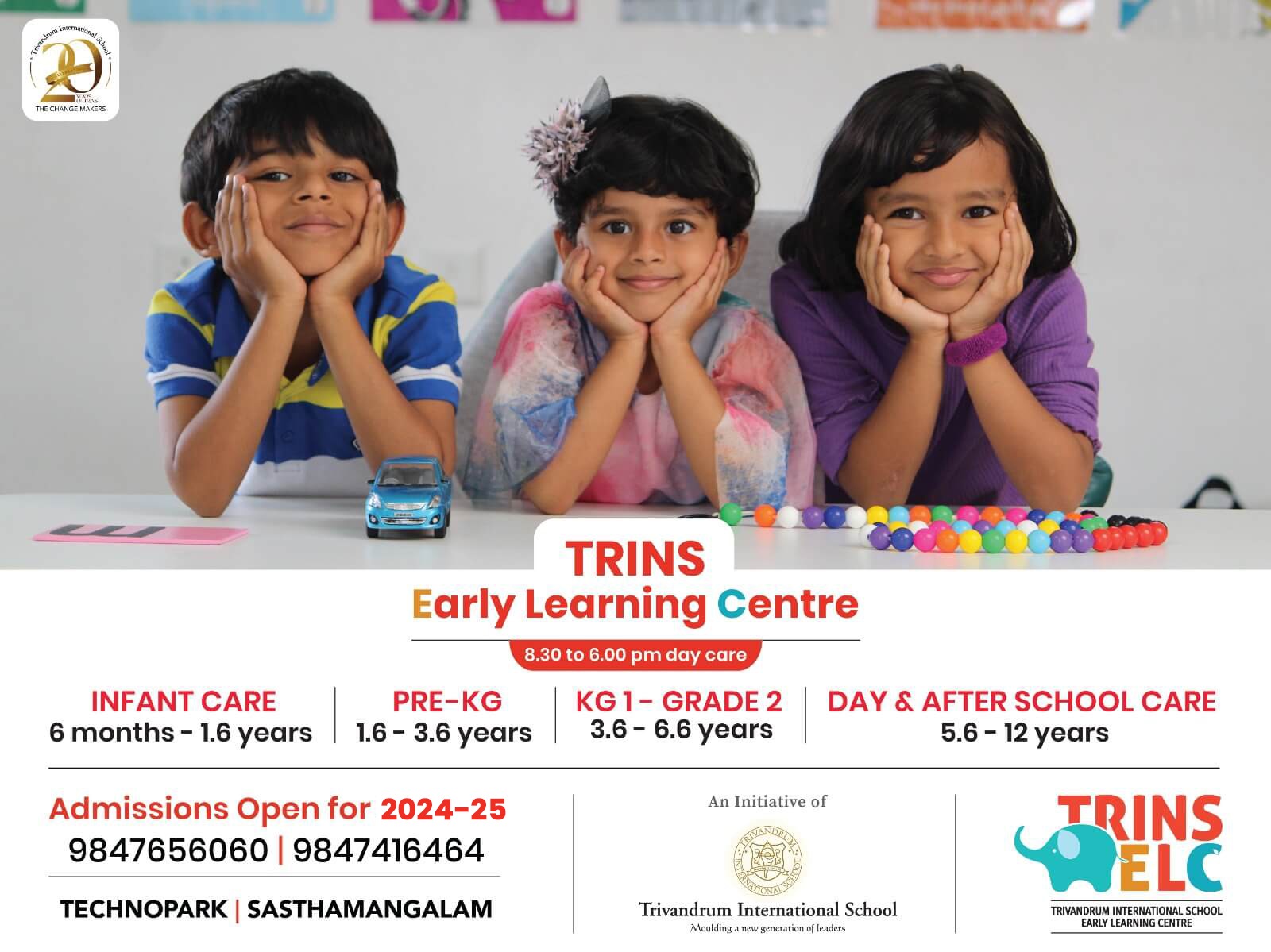


Sensory Activities for Preschoolers: A Pathway to Holistic Development

In the early years of a child's life, sensory experiences play a crucial role in their cognitive, emotional, and social development. Sensory activities for preschoolers are not just about play; they are structured experiences that help children explore and understand the world around them through their senses—sight, sound, touch, taste, and smell. These activities lay the foundation for critical thinking, problem-solving, and creativity, making them an essential part of early childhood education.
Why Sensory Activities Matter
Sensory activities are designed to engage multiple senses simultaneously, promoting a child's ability to process and respond to different stimuli. This multi-sensory engagement is key to brain development, helping children build connections that are vital for learning. Moreover, sensory play aids in the development of fine and gross motor skills, language acquisition, and social interaction, making it a holistic approach to early education.
Types of Sensory Activities
1. Tactile Activities: Tactile activities involve touch and are fundamental for developing a child's sense of texture, temperature, and pressure. Simple activities like playing with clay, sand, or water can help preschoolers develop fine motor skills and hand-eye coordination. These activities also provide a calming effect, helping children manage stress and anxiety.
2. Visual Activities: Visual sensory activities focus on stimulating a child's sense of sight. Engaging in activities like sorting colours, identifying shapes, or playing with light and shadow can enhance visual perception and spatial awareness. These activities also aid in the development of early literacy and numeracy skills as children learn to recognize patterns, letters, and numbers.
3. Auditory Activities: Auditory sensory activities are crucial for developing listening skills and auditory processing. Simple activities such as listening to different types of music, identifying sounds from nature, or engaging in rhythmic clapping games can sharpen a child's ability to differentiate between sounds and improve their language skills. Additionally, these activities can be instrumental in teaching children about rhythm, tone, and melody.
4. Olfactory and Gustatory Activities: Olfactory (smell) and gustatory (taste) activities are often overlooked but are essential for a child's sensory development. Activities like smelling different spices or tasting a variety of foods can enhance a child's understanding of different scents and flavours, helping them develop preferences and aversions. These activities can also be integrated into cultural learning experiences, where children explore traditional foods and spices, fostering a deeper connection to their heritage.
5. Proprioceptive and Vestibular Activities: Proprioceptive activities involve the sense of body position, while vestibular activities relate to balance and movement. These can include activities like jumping, swinging, or climbing, which help in developing coordination, balance, and muscle strength. These activities are not only fun but also essential for building a strong physical foundation in young children.
Integrating Sensory Activities into Daily Routine
Incorporating sensory activities into a preschooler's daily routine is easier than it might seem. Simple tasks like helping in the kitchen, gardening, or even a walk in the park can be rich sensory experiences. The key is to create an environment that encourages exploration and curiosity. For example, setting up a small sensory bin with rice, beans, or other textured materials can provide endless opportunities for tactile exploration. Similarly, creating a 'sound corner' with different musical instruments can stimulate auditory senses.
The Role of Educators and Parents
Educators and parents play a vital role in facilitating sensory activities. By observing a child's reactions and preferences, they can tailor activities to suit individual needs and interests. It is important to remember that sensory play should be child-led, allowing children to explore at their own pace. This approach not only makes learning enjoyable but also fosters independence and confidence in young learners.
Sensory activities are more than just fun and games—they are a vital part of a preschooler's development. By engaging children in sensory play, educators and parents can help them build the foundation for lifelong learning. Sensory activities are not just an educational tool but a way to nurture curiosity, creativity, and cognitive growth in young children.





